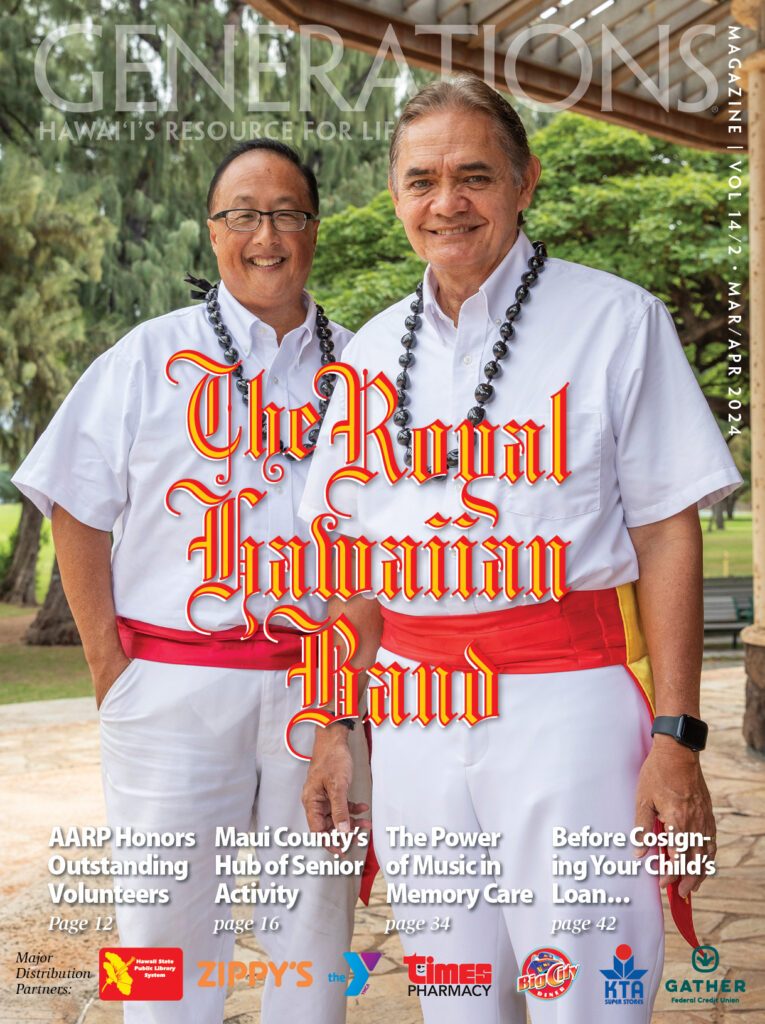Central to the Hawaiian culture is the value of ‘ohana,’ or family. Maintaining the “family health” was of utmost importance and was achieved through the regular practice of ho‘oponopono. In the article, “To Set Right Ho‘oponopono A Native Hawaiian Way of Peacemaking,” Manu Meyer discusses how families practice ho‘oponopono.
Traditionally, ho‘oponopono discussions were facilitated by a haku, who assisted the family in working out problems through a series of discussions. This led to understanding of each family member’s perspectives and resulted in mutual forgiveness and resolution.
Ho‘oponopono has been compared to the modern-day Alternative Dispute Resolution. A key difference is that ho‘oponopono was not only used to resolve dispute, it also was used to prevent disputes within the family.
According to Roy William & Vic Pressor of Preparing Heirs, “Sixty percent of transition failures were caused by a breakdown of communication and trust within the family unit.” The potential influx in trust litigation is foreseeable, due to the aging demographic of baby boomers, Hawai’i’s high cost of living and the increase in multigenerational homes.
Encouraging clients to partake in often difficult and sometimes messy family discussions, while everyone still is alive and able, is integral in preventing unwanted litigation. A haku or a ho‘oponopono facilitator may be effective in resolving family disputes.
Stephen B. Yim, Attorney at Law
2054 S. Beretania St., Honolulu HI 96826

